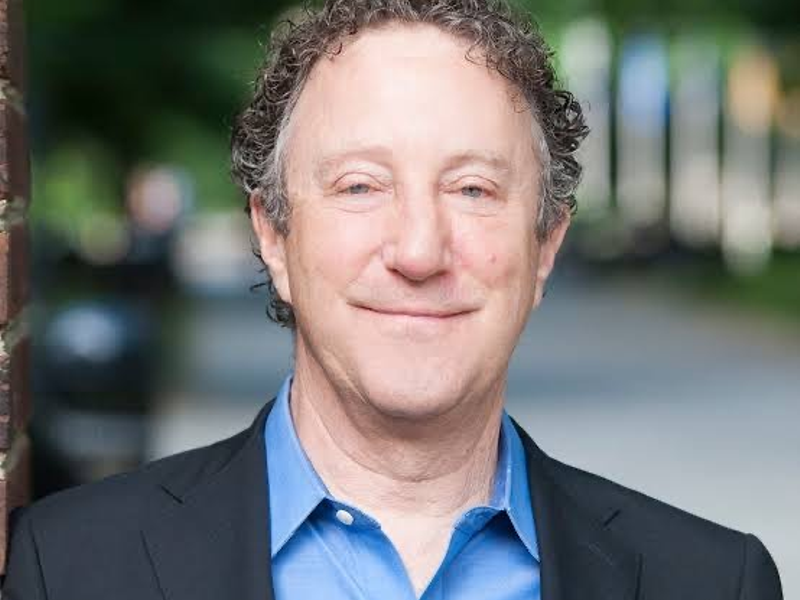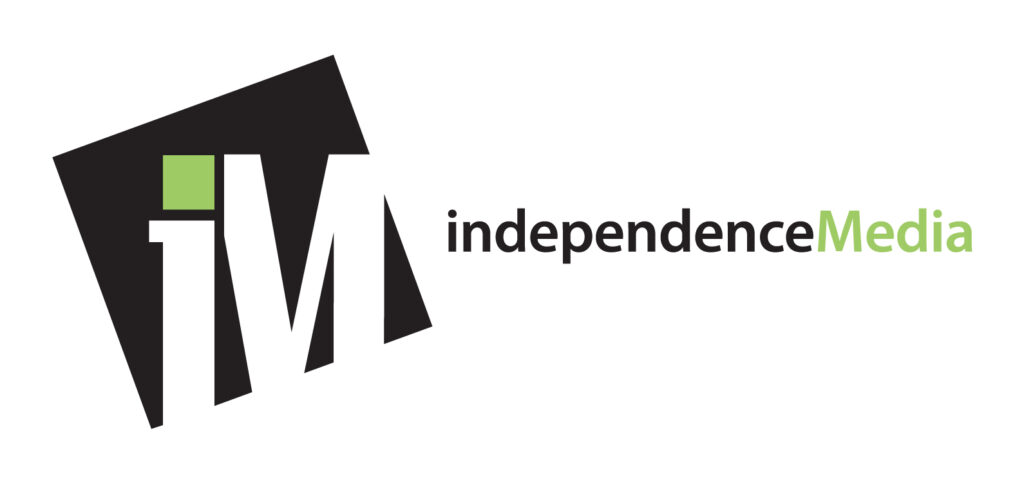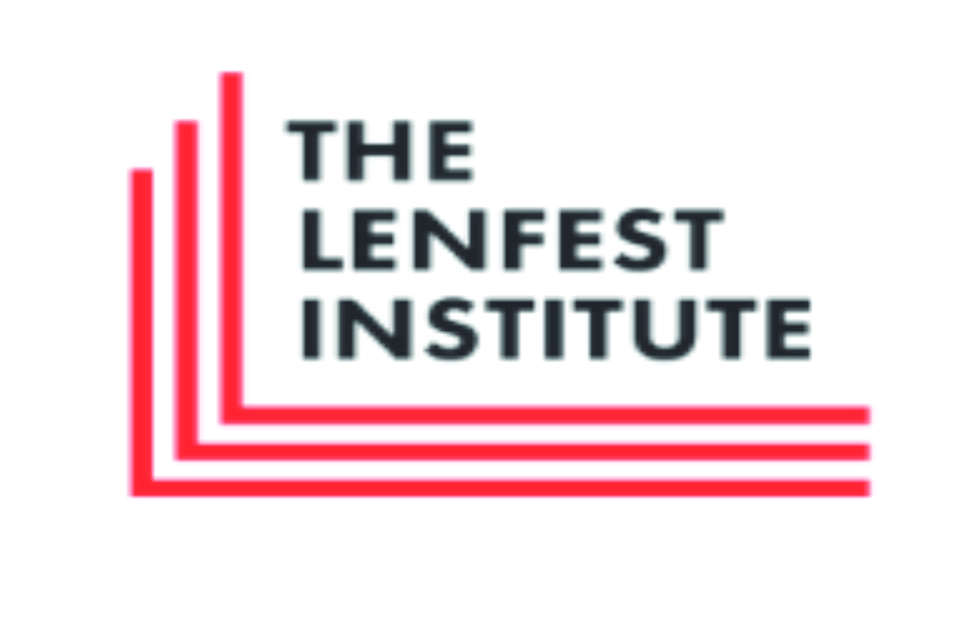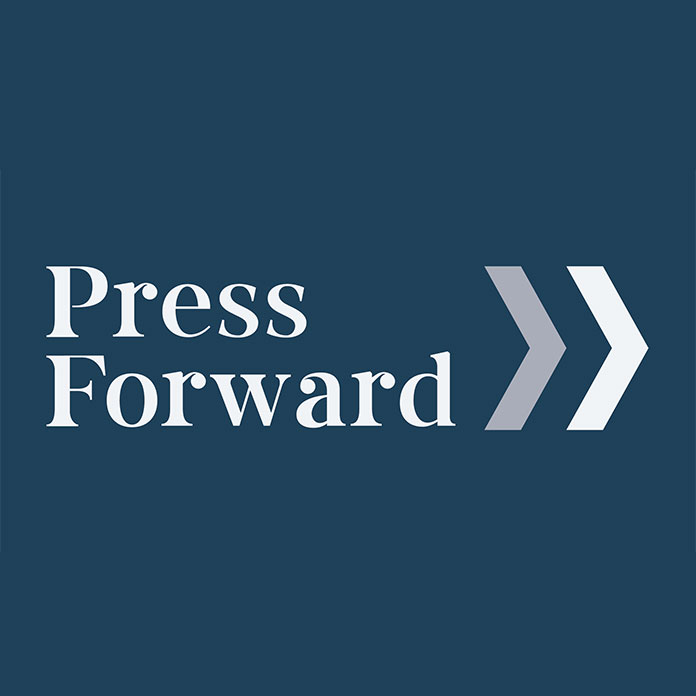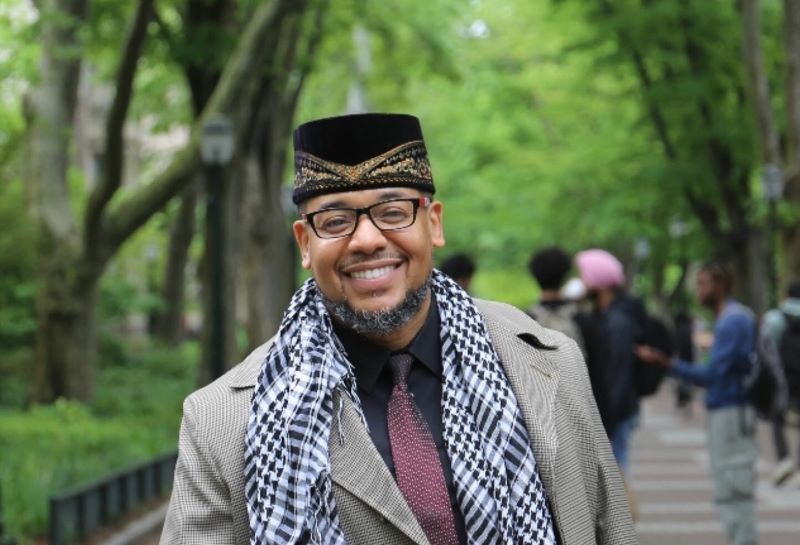Jim Friedlich, Executive Director and CEO of The Lenfest Institute for Journalism, shares insights on journalism’s evolving landscape, the intersection of artificial intelligence and media, and the importance of news philanthropy. The Lenfest Institute is a Philadelphia-based non-profit organization dedicated to the support of sustainable, high-quality local journalism nationwide.
An Early Beginning and a Global Journey
The journey of Jim Friedlich, Executive Director and CEO of the Lenfest Institute for Journalism, into the media industry continued a family tradition. His father’s career as both a small-town newspaper owner (The Verona (N.J.) Shopper) and a national magazine executive (Fortune Magazine) laid the groundwork for a lifelong passion for publishing and its sustainability. “I’m a career news media person. From a very young age, I have been passionate about journalism, its vital impact, and how to sustain it.”
After working for several years for a trade publication, his passion propelled him to a business career at The Wall Street Journal, where as international group publisher Friedlich played a key role in expanding the newspaper’s reach globally. “During my time at the Journal, we were focused on expanding the impact of an extraordinary American publication across the globe,” Friedlich explains, reflecting on his endeavors to introduce the Journal to new markets in Asia, Europe, and Latin America. One of the crowning achievements was the launch of Vedomosti (“The Record”) for over a decade the leading business newspaper in Russia, a joint venture that, despite its eventual shutdown by Putin’s government, remains a highlight of his career, emblematic of the impact that high-quality American journalism could have on the global stage.
“When I look back, I have been the beneficiary of wonderful mentors, gracious partners, and visionary leaders who gave me a lot of responsibility, trusted me at a young age, taught me, and led me in an inspiring manner. In turn, I have tried to do the same at Lenfest. I firmly believe in surrounding myself with individuals who are much smarter than me, more knowledgeable, well-connected in the Philadelphia community, and sometimes possess radically different skill sets than mine. The Lenfest Institute team is so gifted and diverse in its talents. I learn from them every day.”
Friedlich’s transition from the commercial side of media to philanthropically supported journalism marked a significant change in his perspective on the role of journalism in society. He credits the late H. F. “Gerry” Lenfest, a philanthropist and cable television entrepreneur, for inspiring him to embrace the mission of nonprofit news with a focus on sustainability and impact. Looking back on his career path, Friedlich muses that he may have pursued nonprofit and community-centered journalism earlier if given the chance again.
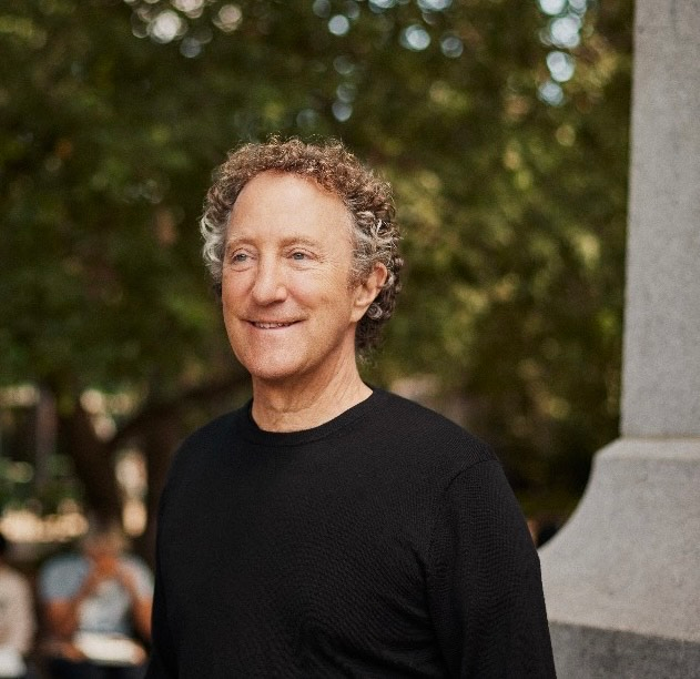
Photo by Daniel Seung Lee
Local Newsrooms, Philanthropy, and Artificial Intelligence
The philanthropic landscape in Philadelphia is vibrant, particularly in its support for journalism and the communities it serves. The rise of foundations dedicated to journalistic efforts reflects a growing understanding of local media’s vital role in promoting a strong democracy. “I am encouraged by the philanthropic landscape in Philadelphia. In the journalism space, we now have the Lenfest Institute, Wyncote, and the Independence Public Media Foundation (IPMF). Comcast has become more active in supporting community local media efforts in addition to their own businesses, and Philadelphia has benefited enormously from the William Penn Foundation, which is increasingly focused on healthy democracy and civic activity here in the birthplace of American democracy.” In part because of the level of commitment from local funders, Philadelphia has also been the beneficiary of meaningful national investment in its news ecosystem, most importantly from The Knight Foundation.
Philadelphia is becoming a creative and exciting national example of how philanthropies can get together to support each other’s activities to support their community. “At the same time,” Friedlich cautions, “We need to remind ourselves that the job is by no means done. Most people in our city still feel that they don’t get the news and information required to lead their best lives. It is still early days for the development of a flourishing local information ecosystem in Philadelphia. What’s encouraging is that we’re making progress.”
Friedlich believes strongly in the potential of technology, specifically AI, to revolutionize journalism and tackle some of the challenges faced by local newsrooms. He sees AI as a double-edged sword, offering both opportunities for innovation and efficiency and presenting new challenges. “AI is simply the most recent example of a new software technology that has a meaningful impact on all of us and the journalism we consume,” Friedlich explains. “AI can simplify and empower our work but it has also been an accelerant for misinformation. Take, for example, ‘deep fakes’ and other AI-enabled disinformation that can be highly destructive. We must approach these challenges with our eyes wide open. None of this is new: We bring to this conversation the experience of the last two or three waves of digital innovation and threats that have disrupted news media. It happened in the 1990s, with the dot com boom, and then in the 2000s with the advent of the major tech platforms, and now it’s happening again.” Friedlich underscores the importance of cautiously navigating the digital landscape, leveraging AI’s benefits while guarding against its dangers.
Collaboration and Equity Champion
At the Lenfest Institute, Friedlich is committed to equity in journalism. To rectify historical inequities in media access and representation, his team developed initiatives like Every Voice, Every Vote (EVEV), which gave grants to over 25 local newsrooms of diverse backgrounds. The effort reflects a broader vision of a media landscape that serves all communities equitably, addressing the unique challenges and opportunities that Philadelphia’s neighborhoods and cultures present.
The Philadelphia media landscape is a mosaic of distinct outlets catering to different audiences. Marshaling their collective efforts towards a common goal has been enlightening. “It marks a transition from sharp-elbowed competition to cooperative journalism which benefits both the community and the future of the local news industry.” He added, “Spanning two dozen local news organizations, from small-scale, cherished publications like FunTimes to much larger ones like 6abc; from community-centric outlets like Impacto and The Philadelphia Tribune to broader platforms like Philadelphia Magazine and The Philadelphia Inquirer; bridging commercial media such as NBC 10 Telemundo 62, and public media like WHYY NPR and PBS.”
We are intrigued by the dynamic of collaboration within the Philadelphia ecosystem, particularly when it comes to major initiatives like EVEV. The involvement of not only local news organizations but community organizations such as the Baptist Church, Congreso, Urban Affairs Coalition, and Esperanza illustrates a harmonious balance. This synergistic combination involves multiple media outlets catering to diverse communities, utilizing the support of other trusted messengers and organizations to reach audiences effectively and gain credibility for their communication and ultimate success: “Local journalism and local community organizations are codependent in a positive way. They are mutually empowering.”
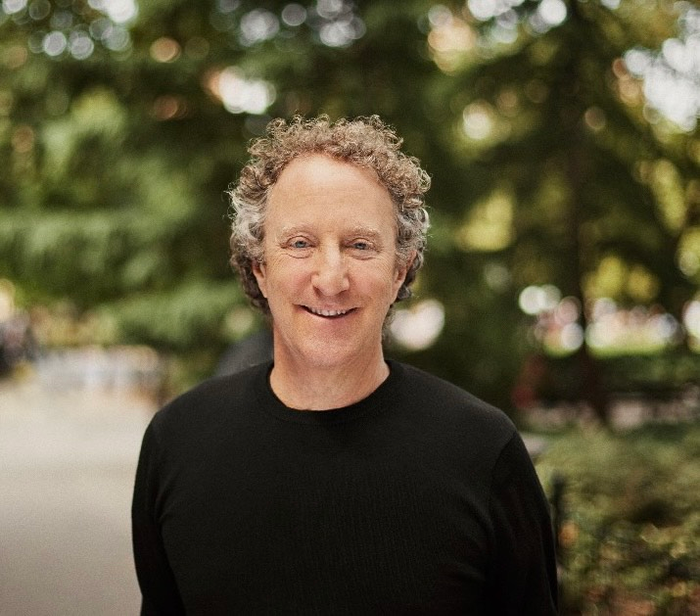
Photo by Daniel Seung Lee
Journalism’s Future: Collaboration, Sustainability, and Trust
Friedlich looks ahead with hope and humility for the future of local journalism, highlighting the potential for collaboration among media organizations and stressing the significance of trust-based philanthropy. He supports a partnership-driven approach to philanthropy, where funders, communities, and grantees unite to achieve mutual objectives. “Ultimately, trust-based philanthropy is rooted in partnership and mutual respect. It’s crucial to strike a balance between the foundation or donor’s vision and mission and the community’s goals, limitations, and capabilities,” he emphasizes, reiterating the importance of a well-rounded partnership between philanthropies and their supported news outlets.
“We believe that impact is to a large degree in the eyes of the beholder. If the grantee believes- and experiences firsthand – that the funding and the work have had an impact on their community and helped make their business sustainable, they are the best judge. For foundations, desired outcomes include what public policy has changed, what people’s lives have been made better, and whether the grant or the program has helped keep or make the community media more sustainable. We are more interested in outcomes than outputs, but we value both. We feel that qualitative measures of what has changed in people’s lives are what we should be most focused on.”
Regarding sustainability, “It is no secret that the key to running any successful small business is covering your costs and making sure that you have more revenue than expense. Local media is no different. Ironically, larger media investments often fail due to over-investment, rapid expansion, and reliance on venture capital or debt that is not sustainable. On the other hand, small family or community businesses that carefully and patiently manage their finances and generate enough revenue to cover expenses are the ones that thrive in the long run. We advise prioritizing sustainability by controlling costs and finding new sources of revenue to diversify your income. It’s important to have multiple revenue streams rather than relying solely on philanthropy and to run your business as if it were a small family-owned enterprise. Forgive me, but I was raised by a small-town newspaper owner who grew up in the Depression. The fundamental importance of business sustainability was a passion for both my father and my beloved mentor Gerry Lenfest.”
From the global stages of The Wall Street Journal to the community-focused efforts of the Lenfest Institute, Friedlich’s work continues to shape the future of journalism, helping ensure its vitality and relevance in the digital age. Friedlich’s leadership and vision offer a blueprint for how journalism can thrive through collaboration, innovation, humility, and a deep commitment to equity and community service as Philadelphia’s media ecosystem becomes increasingly interconnected- and a model for the nation.
This article is made possible with the support from the following organizations:

Dr. Eric John Nzeribe is the Publisher of FunTimes Magazine and has a demonstrated history of working in the publishing industry since 1992. His interests include using data to understand and solve social issues, narrative stories, digital marketing, community engagement, and online/print journalism features. Dr. Nzeribe is a social media and communication professional with certificates in Digital Media for Social Impact from the University of Pennsylvania, Digital Strategies for Business: Leading the Next-Generation Enterprise from Columbia University, and a Master of Science (MS) in Publication Management from Drexel University and a Doctorate in Business Administration from Temple University.

